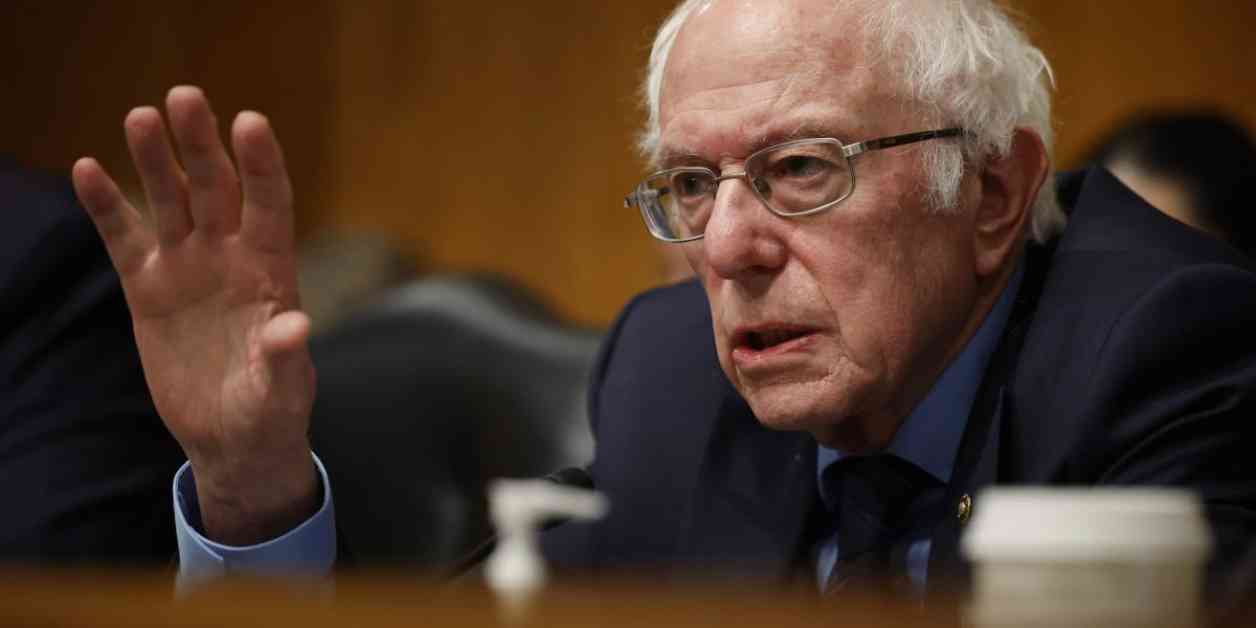In a rare moment of bipartisan agreement, Senators Bernie Sanders and Donald Trump have found common ground on the issue of capping credit card rates. Both political figures have expressed concern that imposing limits on interest rates could have unintended negative consequences for consumers.
Sanders, a progressive Democrat known for his advocacy on economic justice issues, and Trump, a Republican businessman-turned-politician, have each voiced their reservations about proposed legislation that would restrict the amount of interest credit card companies can charge.
The Debate Over Credit Card Rates
Sanders, a vocal critic of Wall Street and big banks, has long been a proponent of financial reform to protect working-class Americans from predatory lending practices. However, he has recently cautioned against overly aggressive measures that could restrict access to credit for those who need it most.
“I understand the impulse to crack down on excessive interest rates, but we must be careful not to inadvertently harm the very people we are trying to help,” Sanders said in a recent statement. “We need to strike the right balance between consumer protection and preserving the availability of credit for those who rely on it.”
Trump, on the other hand, has framed his opposition to rate caps as a defense of free-market principles and individual financial responsibility. He argues that limiting interest rates could lead to unintended consequences, such as reduced access to credit for riskier borrowers or increased fees for all cardholders.
“We must be cautious in our approach to regulating credit card rates,” Trump said in a recent interview. “While we want to protect consumers from abusive practices, we also need to ensure that the credit market remains competitive and accessible to all Americans.”
The Impact on Consumers
The debate over credit card rates has significant implications for consumers across the country. Currently, the average interest rate on credit cards is around 16%, according to the Federal Reserve. Proponents of rate caps argue that lowering these rates could save consumers billions of dollars in interest payments each year, particularly for those with high balances or poor credit.
However, opponents warn that capping rates could lead to unintended consequences, such as reduced access to credit for low-income borrowers or increased fees for all cardholders. They argue that credit card companies may respond to rate caps by tightening lending standards or increasing fees to offset their lost revenue, ultimately hurting consumers in the long run.
As lawmakers continue to debate the merits of capping credit card rates, the voices of Sanders and Trump add a unique perspective to the conversation. While they may come from opposite ends of the political spectrum, their shared concerns about the potential risks of rate caps highlight the complexity of this issue and the need for thoughtful, nuanced policy solutions that balance consumer protection with market dynamics.
In the end, finding the right balance between regulating credit card rates and ensuring access to credit for all Americans will require careful consideration and collaboration across party lines. As Sanders and Trump have shown, even political foes can find common ground when it comes to protecting the financial interests of the American people.



















